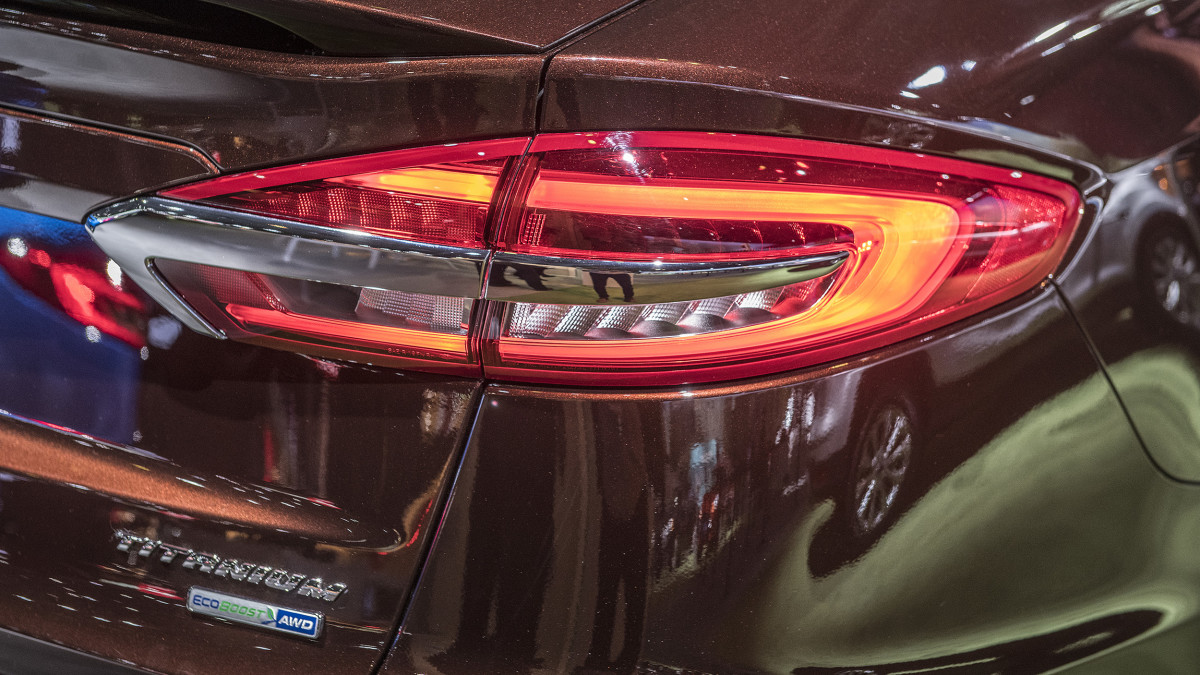Ford EcoBoost Woes

There’s been quite a rocky ride lately for Ford fans and owners. As if the nearly 1.1 million vehicle recall didn’t create enough buzz, Ford’s now busy grappling with a class-action lawsuit targeting its EcoBoost engines. This complaint takes aim at models equipped with 1.5 to 2.0-liter engines, suggesting that these motors have a knack for leaking coolant into the cylinders, leading to potential headaches for owners. When a car manufacturer becomes the center of such a legal storm, it’s time to take a closer look at what’s at stake.
Affected Models

The vehicles caught in the eye of this cooling system storm include models such as:
- 2013-2019 Ford Escape
- 2013-2019 Ford Fusion
- 2015-2018 Ford Edge
- 2016-2019 Lincoln MKC
- 2016-2019 Lincoln MKZ
With the allegations claiming Ford’s fix is merely a temporary patch—employing coolant level sensors rather than addressing the core problem—the tension is certainly heightened for those still within their warranty and more so for those who’ve rolled past those limits.
Lingering Concerns
Ford’s previous attempt to tackle coolant loss by issuing a technical service bulletin for replacing the short block and head gasket seems to have fallen flat according to the plaintiffs. They argue that the alternative blocks continue to suffer from the same issues. For vehicle owners without warranty coverage, the prospect of ongoing repairs without a permanent fix in sight can be pretty daunting. The suit claims that even with lower mileage, engines may still succumb to coolant leaks, leading to corrosive damage and performance issues.
Drive Feel
Shifting gears to how these vehicles hit the tarmac, those EcoBoost engines, when functioning smoothly, deliver a peppy and fuel-efficient ride. Known for their punchy performance, they offer decent acceleration, especially given their often smaller displacement compared to competitors’ larger engines. However, the potential for overheating and engine damage puts a big question mark over their long-term reliability and enjoyment.
Take a typical 2015 Ford Fusion with its 1.5-liter EcoBoost engine—this car provides a smooth, robust driving experience akin to its peers like the Chevy Malibu or the Honda Accord. However, confidence behind the wheel can start to wane when constant check-engine lights and trips to the dealership start becoming more frequent than a Sunday drive.
In conclusion, while the EcoBoost engines can enhance the driving experience with their spirited nature, this ongoing lawsuit and reported defects cast a long shadow. For those weighing their options in the mid-size segment, staying informed and considering broader reliability reports might be wise moves. Navigating such hurdles is crucial while ensuring the love for the open road isn’t marred by unexpected pit stops.
Buick Riviera Revamped
Lexus LFR Unveiled
Superveloce Tribute
Toyota bZ3X: Affordable EV
Car Loan Tax Break